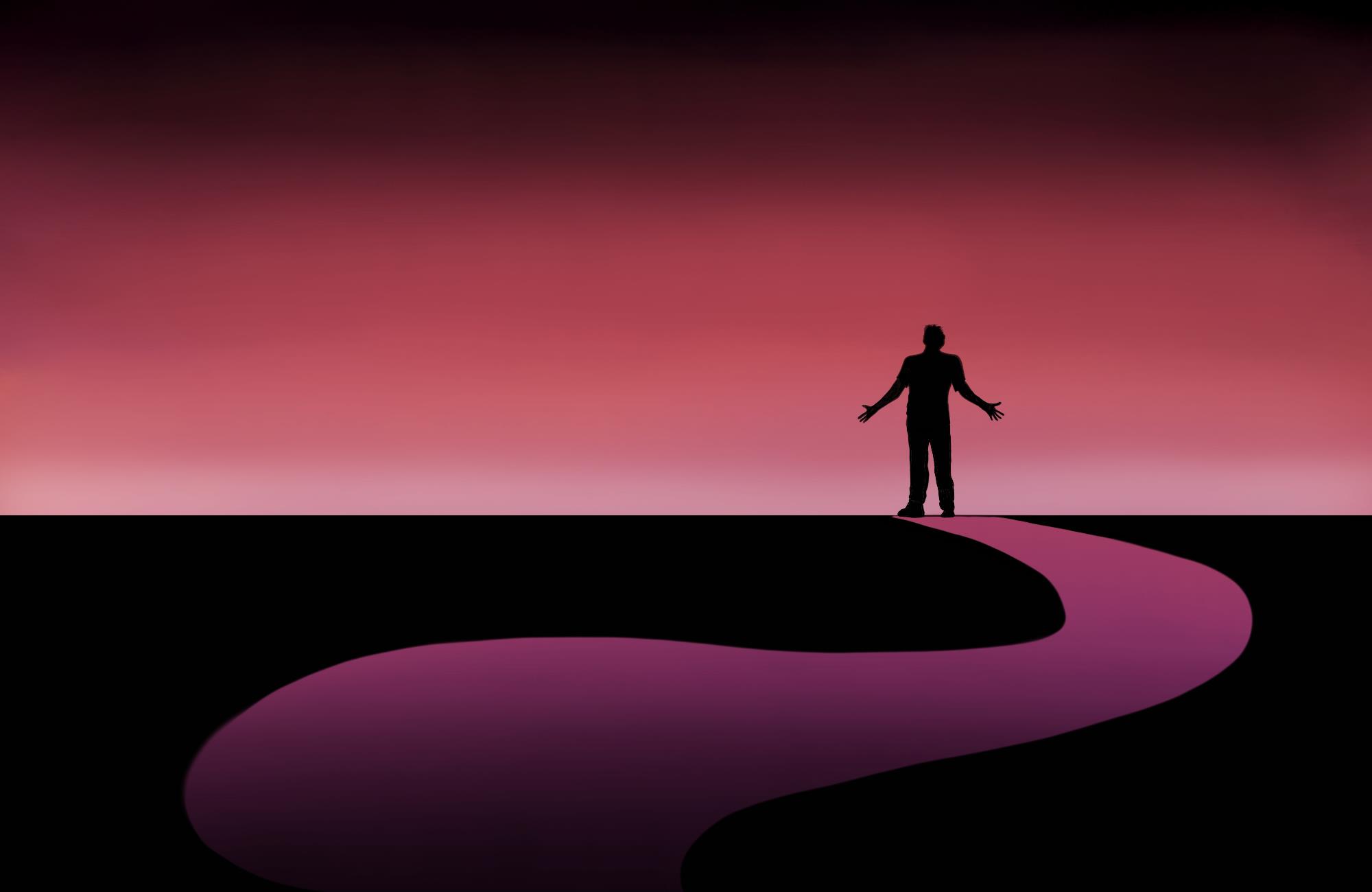It’s fair to say that everyone has been isolated in one way or another over the past year and a half. Of course, we have all felt the effects of the pandemic physically, having to move away from one another, forcing us to exist in our own little lysol-wipe-filled bubbles. With physical distancing, however, comes emotionally distancing.
By the end of it, we have all become so removed from everyone else that it feels like we are going through this alone.
But what does ‘going through it alone’ really mean?
I’ve always been an independent person — not in the sense that I am completely self-sufficient (because boy, am I not) — but more so that I’ve always been comfortable doing things on my own.
For a long time though, I was unhappy being independent, because I automatically associated being alone with being a lonely person.
Loneliness and being physically alone are two very different things. Loneliness feels like it’s own plague — inescapable and all consuming. You could be surrounded by people and still feel like you are walking into deep and encompassing waters with no sound, no one around, and with no desire left to be seen.
I wouldn’t wish loneliness on anyone.
Being alone, on the other hand, is simply just that — actually being by yourself. Just because you are without human interaction as distraction doesn’t mean you need to wallow in your solitude — especially when solitude isn’t a bad thing.
After all, there’s a reason they say that misery loves company.
I’ll admit that even with my love for independence, quarantine was jarring at first. But being alone in a house for days and weeks on end slowly became comfortable. It became welcoming. It became routine.
And eventually, being alone became something I looked forward to.
Once I moved over my mental border dividing loneliness and being alone, I began to realize just how much I enjoyed the peace. Rarely do we get moments to check in, with no distractions or other people influencing the way we get to see ourselves.
During lockdown, there were times where my family was home or I video chatted with my friends to laugh and catch up. But even then, it felt like the pressure was off, so to speak. I didn’t have to put on an extroverted face and perform as the most representable version of myself in a room where I felt more alone than I was. And when I wanted to leave, I left.
During all this, I never felt lonely because I started to greatly value the moments where I was completely alone.
Every night without fail, during my preliminary year of pandemic lockdown, I sat alone in my basement and made myself watch a movie. Some were great, some were awful — most were in the horror genre. But what started as something done to pass the time became a tradition with myself to celebrate the fact that I could just turn on a movie by myself if I wanted without having to worry about anyone around me.
Not to sound conceited, but I discovered that I’m actually great company for myself. I mean, I saw myself everyday anyways, I decided at that point I may as well start to like it.
This isn’t meant to diminish anyone who is struggling with their own experience of forced solitude. Everyone deals with alienation in their own ways, and a lot of people fear being in the sole company of themselves.
It definitely takes some time, but soon you’ll start to realize that being alone is a gift.
Try cherishing those moments you have alone, even if it’s an hour or two a day — give yourself a chance to reconnect with just yourself. You may come to find that you are actually pretty cool (and you are, trust me.)
During those moments alone, don’t overthink it. We could all use some time to slow down and just do as Depeche Mode says and enjoy the silence.


